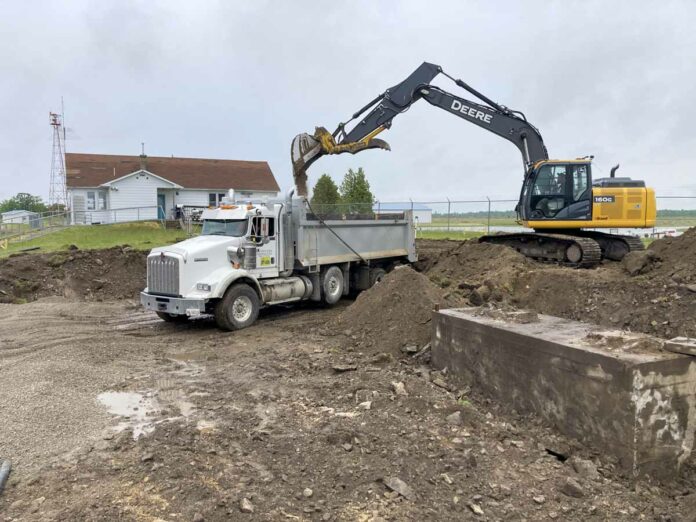OTTAWA—The negotiated $10 billion settlement in the Robinson-Huron Treaty annuities case is apparently not the end of the wrangling surrounding the monies owed to 21 Northern Ontario First Nations as Ontario is appealing the court’s involvement in the payment of annuities going forward. The province is arguing that the Crown should be the sole arbiter of what is owed in the future, while the First Nations point out that the province abrogated their fiduciary responsibility for 148 years.
The appeal before the Supreme Court of Canada is set for November 6 and involves both the Robinson Huron Treaty and the Robinson Superior Treaty, negotiations over which are still ongoing. The appeal has significant importance when it comes to the relationship between the Crown (and its various levels) and First Nations.
The initial decisions in 2018 and 2019, stage one and two of the Robinson Huron Treaty case, were heard by Sudbury’s Justice Patricia Hennessy, who ruled in favour of the First Nations—but those decisions were appealed to the Ontario Court of Appeals, which upheld most of the justice’s decisions. Once the appeal had been decided, Canada dropped its opposition. Canada is not a party to the appeal to the Supreme Court but is filing a factum as part of the information being considered by the court—the aforementioned impact on Crown-First Nations relations being likely a factor.
The First Nations have made no bones about preferring to negotiate a settlement rather than following the confrontational route inherent in court proceedings.
“That’s why we decided to settle,” said lead counsel for the Robinson-Huron chiefs David Nahwegahbow. “It’s always better to settle outside of the court. It takes away a lot of the incivility and helps to make the chiefs feel better about the relationship.”
The initial $10 billion settlement ($5 billion from each of the federal and provincial governments) between the Crown and the First Nations was an agreement on compensation for the revenue gleaned from the region’s mineral, forestry and other natural resources since 1850. Originally, the payments that were to be given to members of the First Nations were raised to $4 annually but had stopped increasing at that point—even as revenue from the resources soared.
Ontario’s main point of contention, other than asserting any increase in annuities should be at their own discretion, is over who should pay.
Mr. Nahwegahbow noted that the original treaty was signed before Canada was a reality (Confederation having only taken place in 1867) and there is ambiguity over who is responsible. While the province is largely responsible for the management of the land and its resources, he noted, Canada did and does benefit greatly from the bounty of the land—in taxes on companies and employees, for instance.
“For us it really doesn’t matter who signs the cheque,” said Mr. Nahwegahbow. It is about sharing the economic benefits derived from the land as originally agreed.
Canada isn’t the only body submitting to the appeal. Dozens of third parties have submitted factums ahead of the hearing, including several First Nations from across the country and the attorney general of New Brunswick.
“The case has attracted a lot of attention,” said Mr. Nahwegahbow. “It’s an important case that has a lot of implications for other treaties. This could have a major impact on the relationship between First Nations and the Crown.”
Key to the issue is the high level of importance that has been assigned to Indigenous legal orders and the weight given to Indigenous perspectives on the treaty relationship. When it comes to the concept of reconciliation, note the chiefs, those truths should hold comparable weight.





